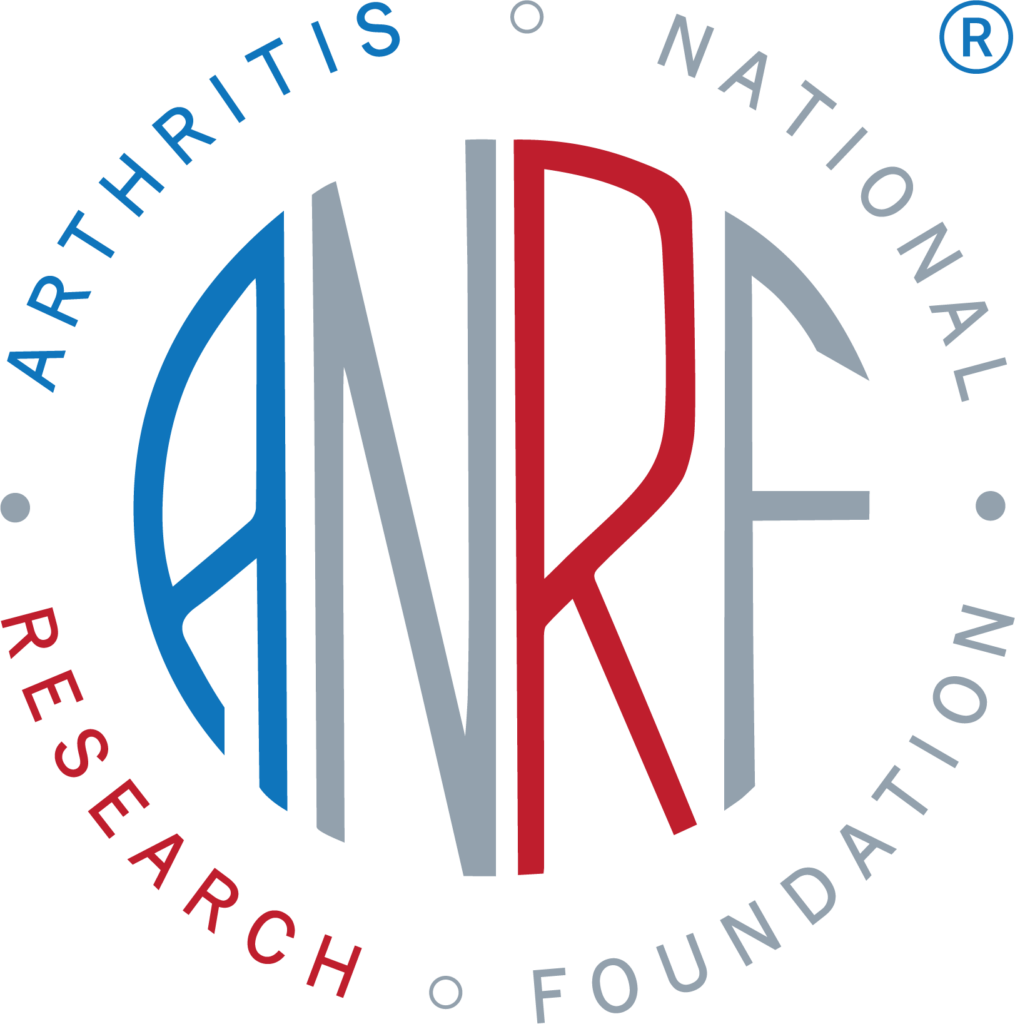Biography
As a molecular biologist, I have spent my PhD and post-doctoral fellowship thus far striving to improve our understanding of the pathogenesis of arthritis. In my graduate career, I studied the role of immune cells in osteoarthritis, and this work led to interest in auto-immune driven arthritic diseases. During this time, I realized the need to better understand underlying drivers of disease pathogenesis in arthritis, particularly the role of metabolism in supporting memory T cell infiltration and activation.
My undergraduate and graduate training has provided a strong foundation for me to build on as a postdoctoral researcher. My undergraduate training provided me with a strong foundation in molecular biology. After graduating, I enrolled in the cellular and molecular medicine graduate program at Johns Hopkins University. I pursued a doctoral dissertation initially focused on engineering biomaterials for disease modification of osteoarthritis.
Since the end of 2018, I have pursued two projects: one focusing on synovial fibroblast biology, and a project investigating T cells in obesity and arthritis pathogenesis. Having led two distinct projects during graduate school, I was well prepared to carry out two distinct research projects once again in my post-doctoral fellowship. The project on synovial fibroblast biology has resulted in extensive profiling of healthy synovial fibroblasts, which was severely lacking in the osteoarthritis and rheumatoid arthritis dominated literature. This has revealed that healthy synovial fibroblasts have a distinct cortisol induced signature which is lost in arthritis. Given the current arthritis treatments targeting the glucocorticoid pathway, this work will help the field better understand the roles of glucocorticoids during homeostasis and how we might better restore this homeostatic signaling mechanism.
Research Summary:
The proposed research will contribute to the understanding the role of fat tissue and obesity in inflammatory arthritis. We are studying the nature of T cells, a kind of white blood cell, in fat tissue and how obesity predisposes people to arthritis by increasing the number of abnormal T cells stored in fat. We hypothesize that these extra T cells increase the susceptibility and severity to rheumatoid arthritis, psoriatic arthritis and other autoimmune diseases that are associated with obesity.






